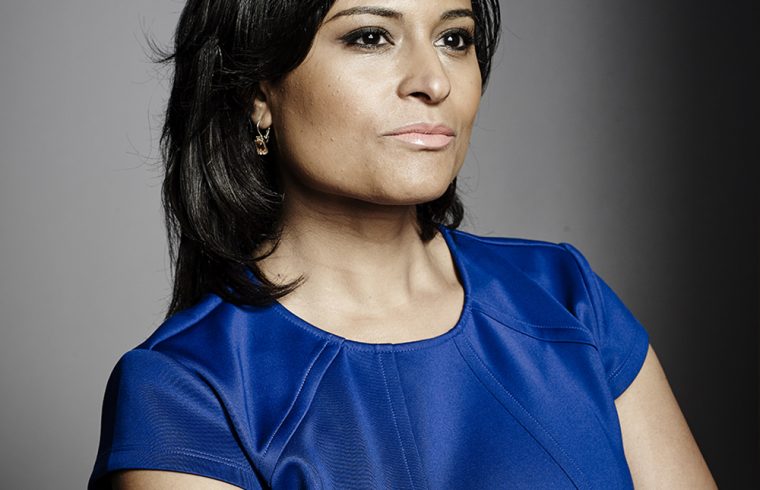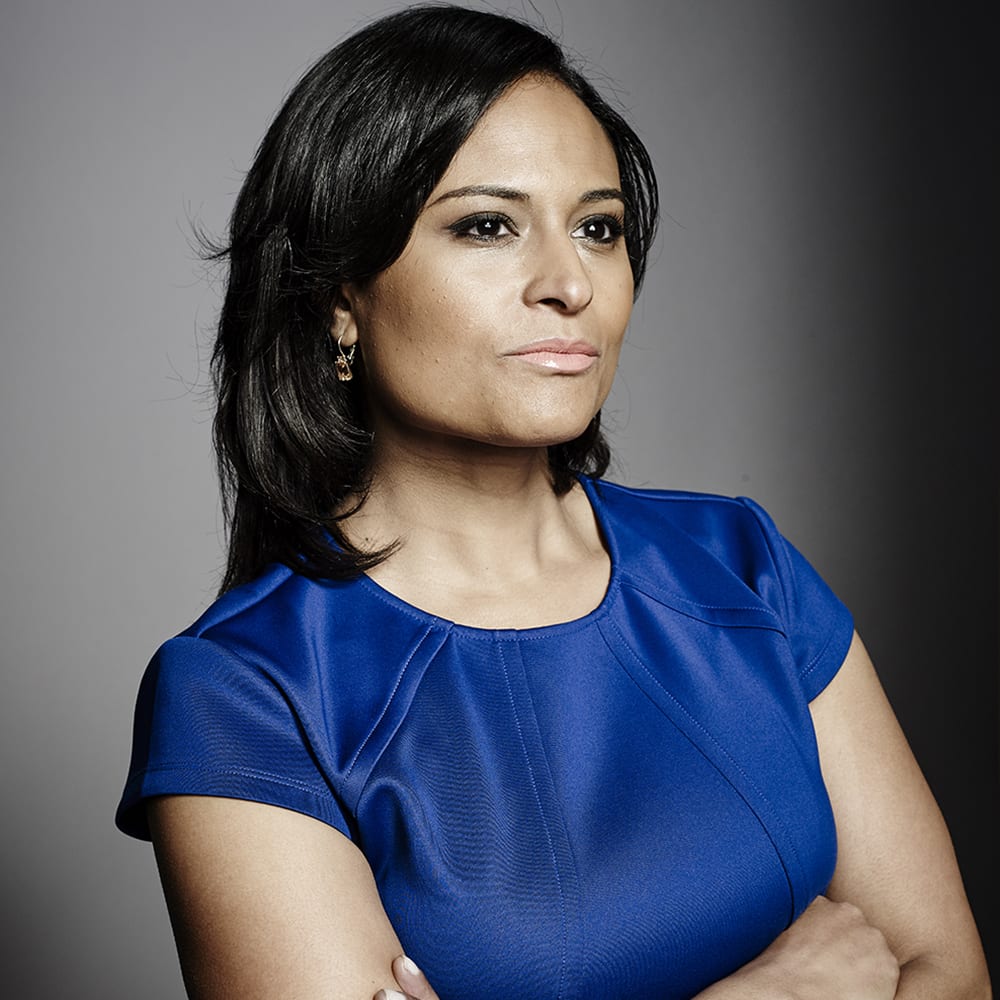OSAKA, Japan — Under pressure to stand firm against Russian election meddling, President Donald Trump touted his “very, very good relationship” with President Vladimir Putin on Friday before telling Putin with a smile: “Don’t meddle in the election.”
Trump’s meeting with Putin on the sidelines of the Group of 20 Summit in Japan was their first since an infamous summit last year in Helsinki, which left lawmakers of both parties aghast at the president’s coziness with Putin and willingness to side with him against the U.S. intelligence community.
As the 2020 election approaches, Trump has been under increasing pressure publicly put Putin on notice that the U.S. won’t tolerate election interference again.
As they sat together in Osaka, Trump didn’t broach the topic, instead relishing in the attention of reporters and camera crews eagerly capturing every moment between the leaders of the two former Cold War foes.
“It’s like the Academy Awards,” Trump said to the Russian president. Then he called it a “great honor” to be with Putin, praising their “very, very good relationship” and predicting “a lot of very positive things” would result.
As reporters shouted questions and cameras clicked, Trump cocked his head when asked by NBC News whether he would tell Putin not to interfere in the vote next year.
“The answer to the question is, of course I will. ‘Don’t meddle in the election,'” Trump said. As Putin smiled broadly, Trump briefly raised his finger toward Putin before turning away and repeating: “Don’t meddle in the election.”
Over the din in the meeting room, it was unclear whether Trump had initially said “Don’t meddle in the election, please,” or “Don’t meddle in the election, president.” Journalists in the room and watching video of the exchange heard him say “please,” but a White House transcript later maintained that Trump had said “president.”
Either way, Trump’s casual comments to Putin were unlikely to satisfy his critics, who have lambasted him for repeatedly casting doubt on whether Russia interfered in 2016 despite the firm assessments of both the U.S. intelligence agencies and former Special Counsel Robert Mueller.
Trump continues to dismiss the Mueller probe as a “witch hunt,” and Putin says he agrees.
In a Financial Times interview just ahead of the G-20, Putin brushed off “mythical” Russian interference and argued that Trump really won the election because he “looked into his opponents’ attitude to him and saw changes in American society, and he took advantage of it.”
With the Mueller investigation complete, Trump and Putin are entering a new period in which the years-long probe no longer hangs over them, although Congress continues to investigate.
Offering an outstretched hand to Trump, the Russian leader invited him next May to attend Moscow’s massive annual World War II victory parade, which most global leaders have traditionally shunned. The Kremlin told Russian media that Trump has “reacted positively to the invitation,” although a White House official would say only that while Trump supports commemorating Allied troops who died in the war, “he has not confirmed participation.”
In recent weeks, Trump has renewed concerns about his seriousness in confronting Russia’s efforts to interfere in U.S. democracy by saying he would listen to damaging information offered from foreign governments about one of his political opponents.
Amid the ensuing uproar, Trump shifted position and argued that he would also tell the FBI.
Trump’s playful approach to broaching the election issue with Putin stood in sharp contrast to outgoing British Prime Minister Theresa May, who chided Putin for “hostile interventions in other countries, disinformation and cyber attacks, which undermine Russia’s standing in the world,” a Downing Street spokesman said. In her meeting with Putin at the G-20, May also confronted the Russian president on its actions in Ukraine, LGBT rights and what she called “irrefutable evidence” that Russia used a chemical weapon on British soil.
As Trump’s meeting with Putin got underway, he told reporters they would be discussing trade, disarmament and “a little protectionism, perhaps.” The White House later said they had discussed Iran, Syria and Ukraine and had agreed “that improved relations between the United States and Russia was in each countries’ mutual interest and the interest of the world.”
Putin, for his part, said the two leaders had much to discuss in Osaka, noting that they had not seen each other since the Helsinki summit. Still, he said through a translator that their teams had been working together in the interim and said their session in Osaka would be “a great opportunity to follow up on that.”
The two sat side to side in front of Russian and American flags, flanked by their delegation. Trump was joined by Secretary of State Mike Pompeo, national security adviser John Bolton, Treasury Secretary Steven Mnuchin and chief of staff Mick Mulvaney, along with daughter Ivanka Trump and her husband, Trump’s senior adviser Jared Kushner. Accompanying Putin were Russian Foreign Minister Sergei Lavrov and other Russian officials.
A White House description of the meeting later said Trump had told Putin that “a 21st century model of arms control” must “include China.” It was a reference to the New START nuclear arms treaty between the U.S. and Russia, set to expire in 2021, and the Trump administration’s desire that any renewal of the agreement also include China, which is not currently bound by the treaty.
Meeting later in the day with the Brazilian leader, Trump told reporters he and Putin had discussed “a lot of things” — including Venezuela, where Russia is supporting embattled leader Nicolas Maduro while the United States has recognized the opposition leader Juan Guaidó.
“We’ll have to see what happens with Venezuela,” Trump said.
Elena Holodny contributed.












